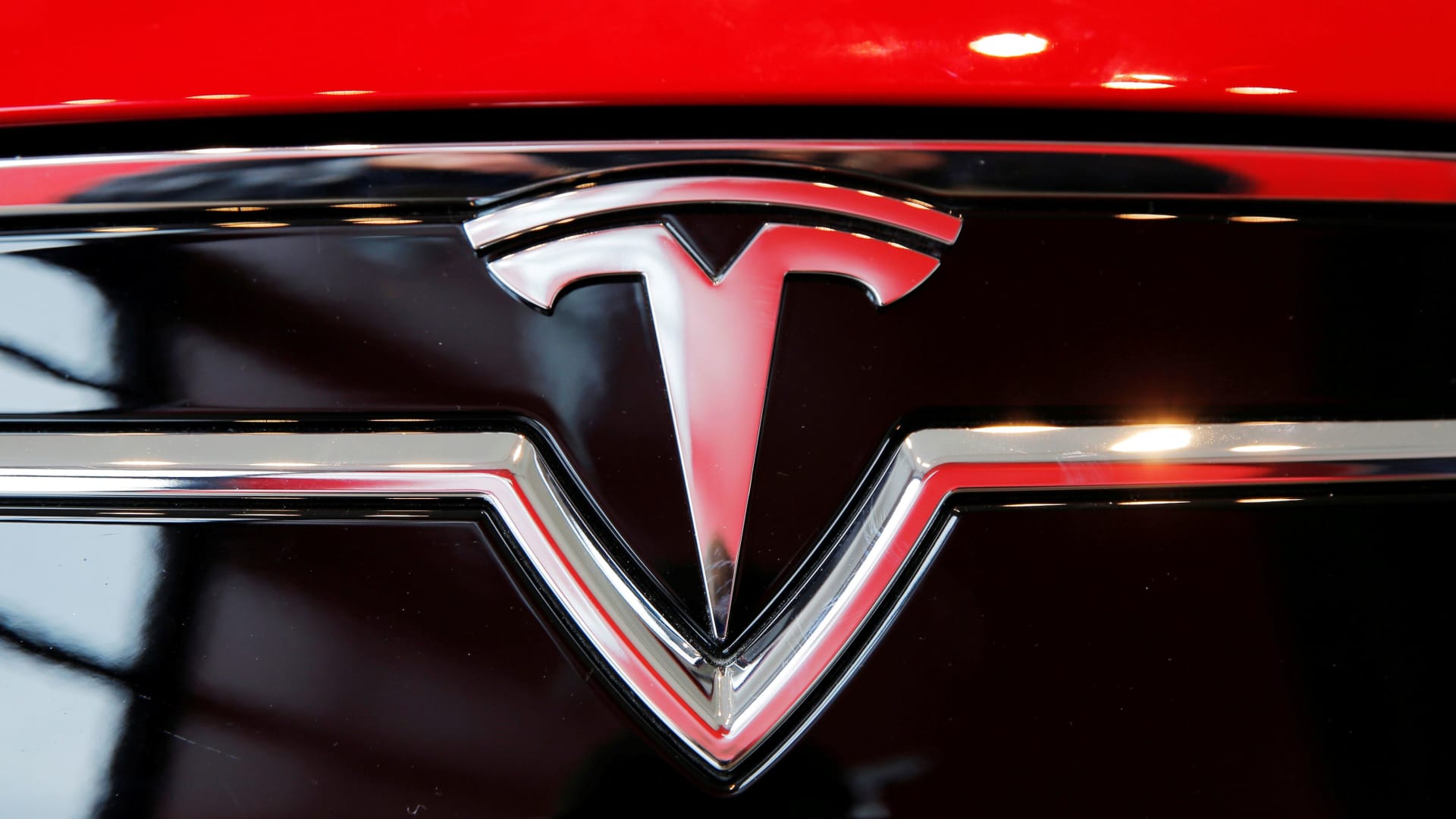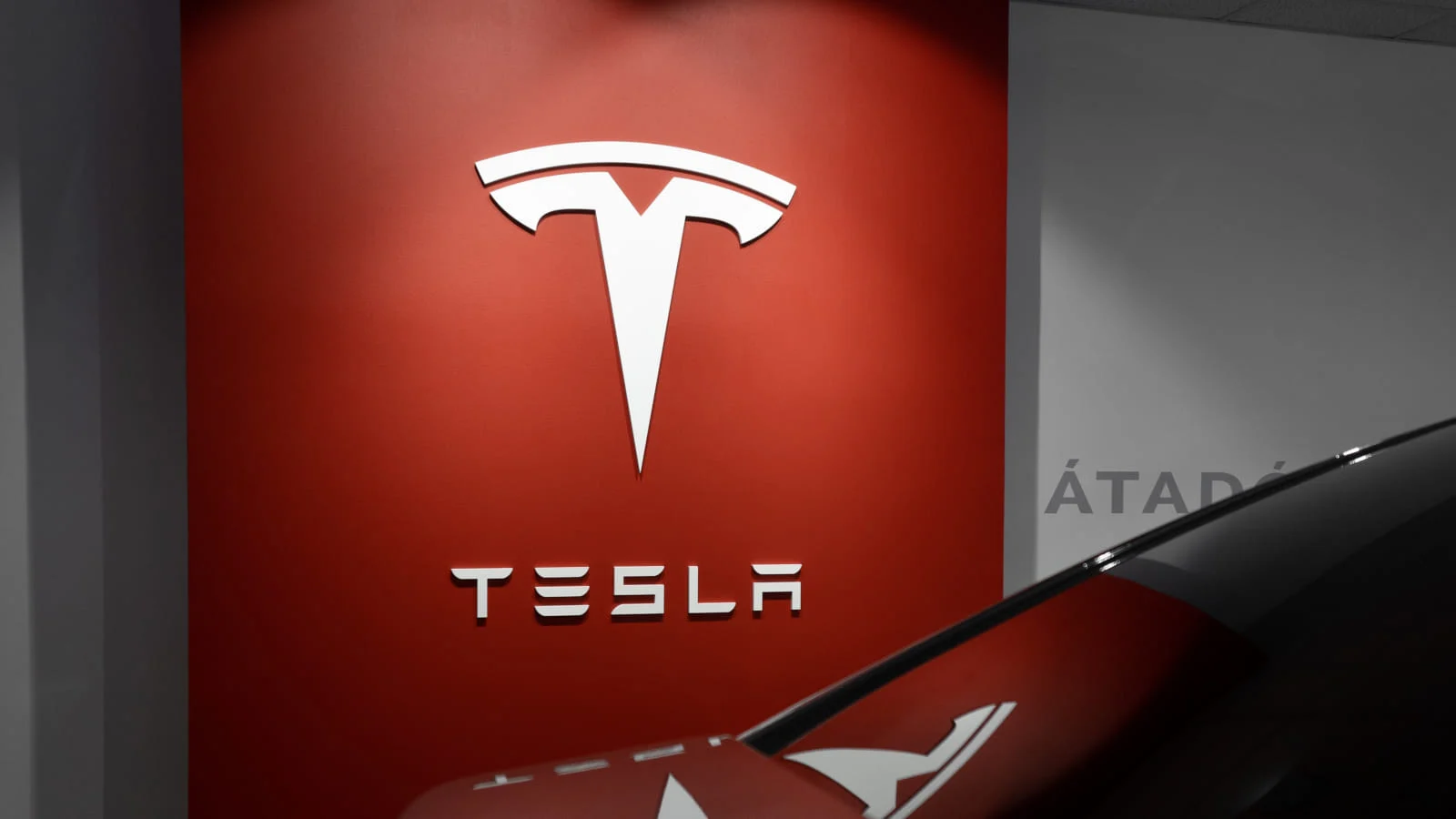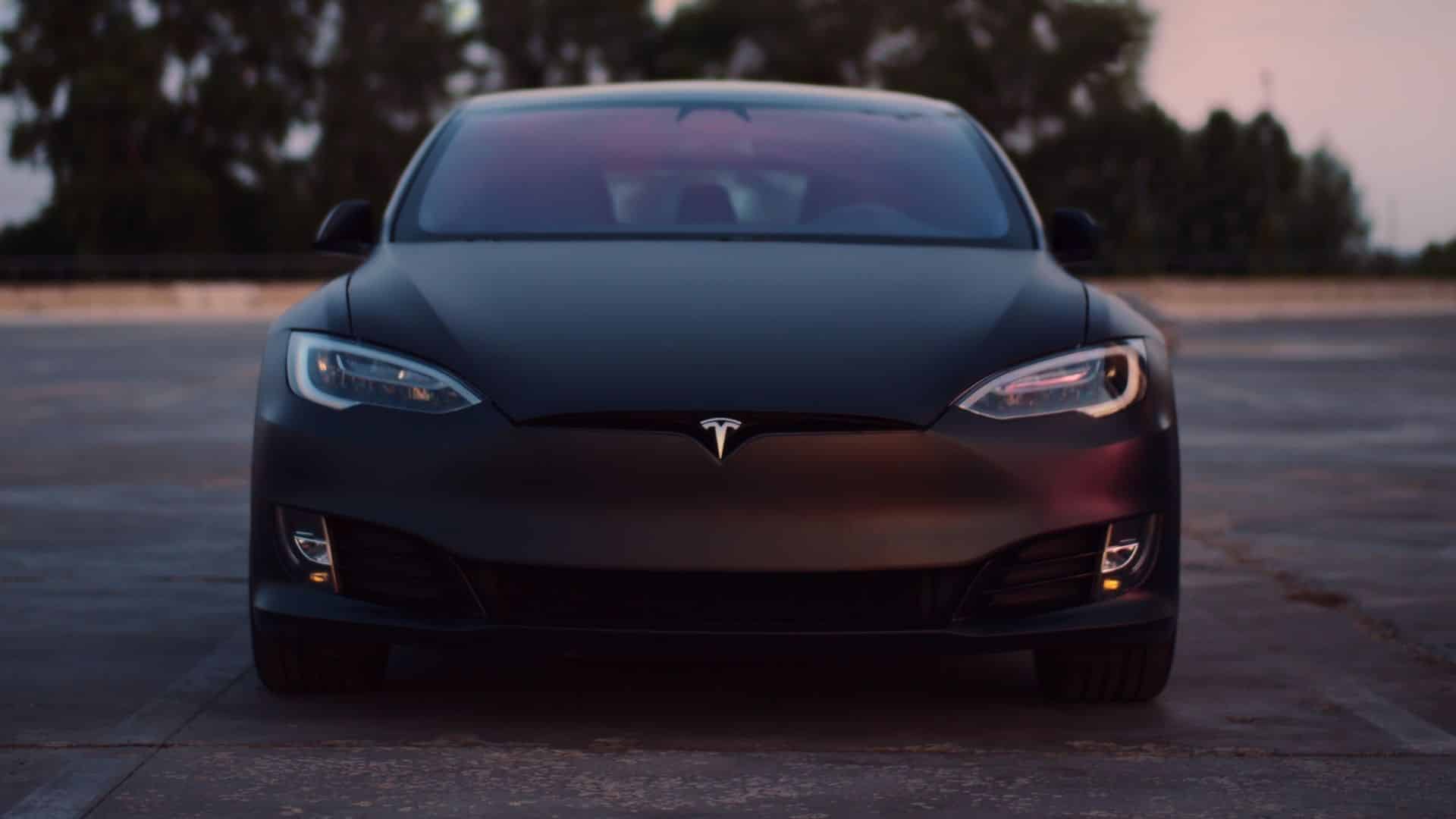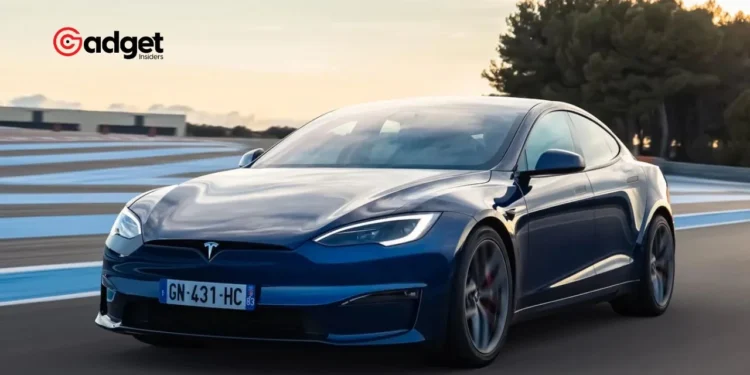In the serene outskirts of Berlin, the town of Grünheide has become a focal point of escalating tensions between local activists and the Tesla electric car factory. This facility, owned by the renowned entrepreneur Elon Musk, has been under the spotlight not just for its innovative production but for the growing discontent among residents and environmentalists.
Recently, the site has witnessed a surge in protest activities, with activists firmly stating that civil disobedience is their only remaining recourse.
The intensity of the situation was palpable last Saturday when over a thousand demonstrators, according to police estimates, gathered to express their dissent. The peaceful march, marred by minor clashes, highlighted the deepening rift between the community and corporate interests.

The Voices of Discontent
Lucia Mende, a spokeswoman for the Disrupt Tesla group, encapsulated the protesters’ sentiment during a press conference.
“It doesn’t matter if it’s Tesla, VW, or Mercedes — car companies and their political supporters are responsible for selling out our lifeblood,” she declared, emphasizing the broader implications of such industrial activities.

Steffen Schorcht, speaking on behalf of a local citizens’ initiative, voiced the community’s frustration over being overlooked in the decision-making process.
“They are going through with it, they are not listening to the sensitivities of the local people. It only serves the interests of Tesla,” Schorcht explained, reflecting a sentiment of betrayal felt by many Grünheide residents.
Environmental Concerns and the Fight for the Forest
The controversy isn’t just about corporate expansion but also the environmental cost associated with it. The planned expansion includes a freight depot and the clearing of forested areas, sparking fears about the impact on local ecosystems and water resources.
Activists have also highlighted the broader environmental implications of electric car production. They point to the destruction caused in countries like Argentina and Bolivia, where lithium, essential for electric car batteries, is mined.
This international dimension adds a layer of complexity to the local protests, framing them within global environmental debates.
$TSLA 🇨🇳
According to news, Tesla China was issued a permit to construct a mega factory in Shanghai on the 11th. pic.twitter.com/cPG0OkNPes— Tsla Chan (@Tslachan) May 12, 2024
The Response from Authorities and Tesla
In anticipation of further unrest, local police have bolstered their presence around the factory, particularly after the peaceful facade of last Saturday’s march was briefly disrupted by skirmishes.
The authorities remain on high alert, especially after a recent incident where the “Volcano Group,” a far-left extremist faction, claimed responsibility for an arson attack that temporarily halted production by targeting the factory’s power supply.

Tesla’s management has yet to respond comprehensively to the protesters’ demands. The company, which has faced similar environmental scrutiny globally, finds itself at a crossroads in balancing its role as an innovator in the electric vehicle sector with its environmental and social responsibilities.
A Crucial Juncture
As Grünheide stands at the precipice of a significant environmental and social debate, the world watches. The outcome of this struggle could set precedents for how global corporations engage with the communities and environments they inhabit.
For the residents and activists of Grünheide, the battle is not just about preserving their local forest but about shaping the future of environmental stewardship and corporate accountability in the age of sustainable technology.










